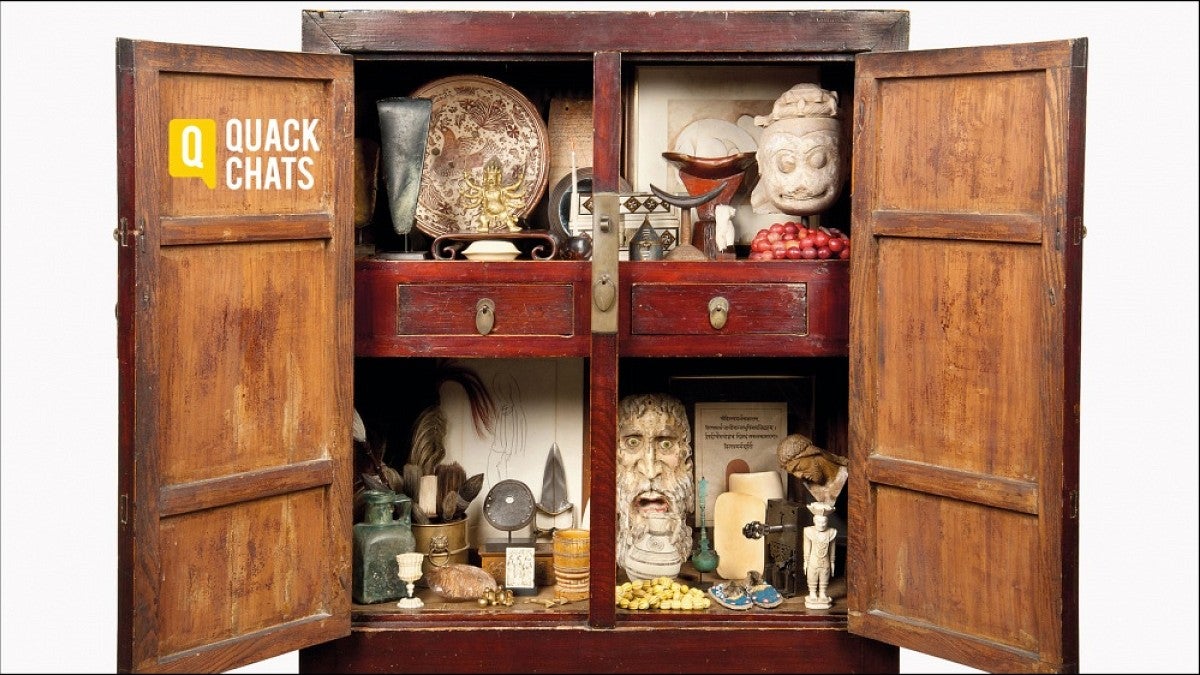The history of research is a curious thing, with roots in playfulness, princes and physicians.
UO historian Vera Keller will explain how different people and concepts contributed to the earliest forms of research in a pub talk Wednesday, July 10, titled “The Experimental Century: Curiosity, Collecting and the Origins of Research.”
The talk will be held at the Ax Billy Grill & Sports Bar, on the third floor of the Downtown Athletic Club, 999 Willamette St. Admission is free. It will begin at 6 p.m., and food and drinks will be available for purchase.
Keller’s been curious about curiosity and the origins of research for a while. She first considered the matter while she was an undergraduate student at Harvard University and has since made the question a focus of her research at the UO, including a book-length project that is currently in the works.
She’s discovered that curiosity and research have an interesting and unexpected history, with no shortage of material to examine and consider, including what role royals and medical professionals played in the development of research.
“I had an inkling curiosity had a weird path,” Keller said. “We’ve known about cabinets of curiosity for a long time, which used collections of strange objects to demonstrate the power of princes by shocking and surprising people.”

“There was an early German professor of medicine who sought to remake how collections were used by gearing them towards the experimental advancement of knowledge,” she said. “Instead of having things done to you, through the cabinets of curiosity, we see people start to do things in order to experiment.”
There was a shift from wanting to simply witness strange phenomena to asking deeper questions about what was happening and to administering experiments to find out.
“In the 17th century, people turned from observing to experimenting,” she explained.
Keller will dig into how this pivotal shift in curiosity and knowledge practices happened and highlight how experimentation became a foundational part of research during the 17th century.
Keller specializes in the history of science of early modern Europe and researches the origins of experimental science by looking at the intersections between technology, industry and political economy; craft and philosophy; sociability and science; and ideas of innovation, projects and the public interest.
To learn more about upcoming Quack Chats, see the Quack Chats section on Around the O. A general description of Quack Chats and a calendar of additional Quack Chats and associated public events also can be found on the UO’s Quack Chats website.
—By Emily Halnon, University Communications


